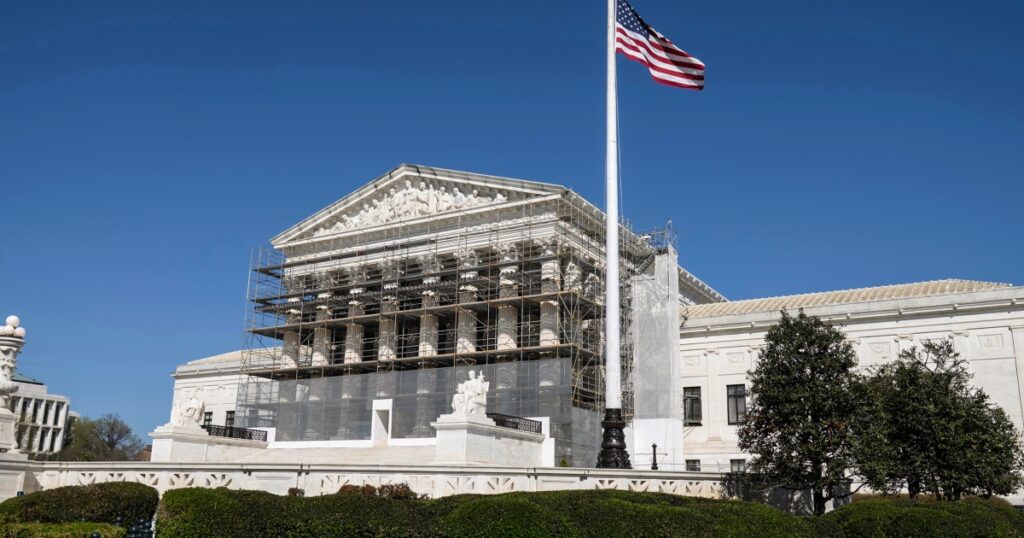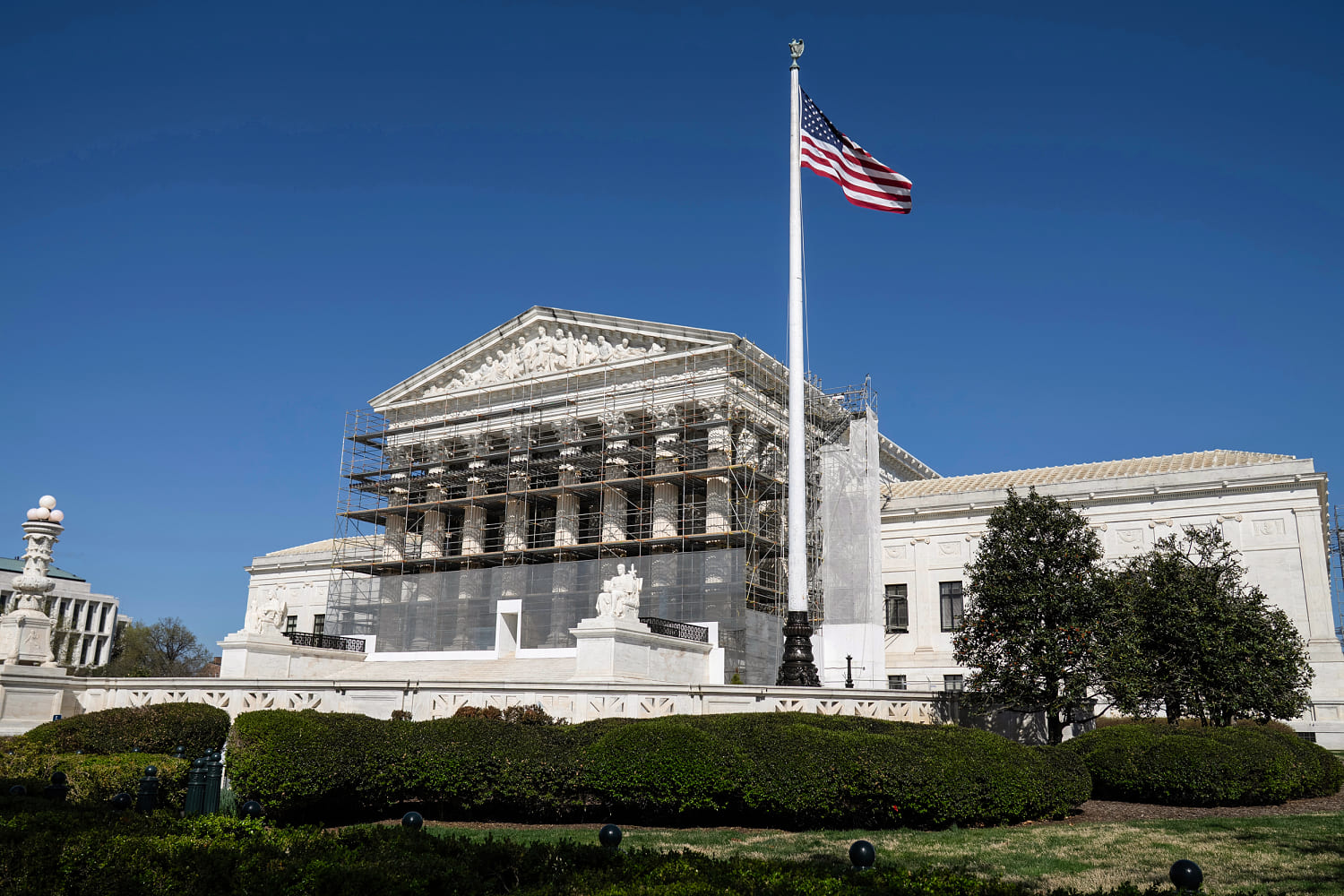

WASHINGTON — The Supreme Court on Thursday ruled in favor of Catholic Church-affiliated charitable groups, saying they were wrongly denied religious exemptions from a Wisconsin tax that funds unemployment benefits.
The justices ruled unanimously that the state’s decision unlawfully discriminated against the groups on the basis of religion under the free exercise clause of the Constitution’s First Amendment.
The court rejected a Wisconsin Supreme Court decision that said that the groups operating under the Catholic Charities Bureau of the Diocese of Superior were not sufficiently religious in purpose. The state already provided exemptions for religious institutions.
The First Amendment has long been interpreted to exempt religious entities from taxation.
Writing for the court, Justice Sonia Sotomayor wrote that the state court had “imposed a denominational preference by differentiating against religions on theological lines.”
The groups involved in the case — Headwaters, Barron County Developmental Services, Diversified Services and Black River Industries — primarily serve developmentally disabled people. Their programs are open to non-Catholics.
The Wisconsin Labor and Industry Review Commission had concluded the charitable groups were not “operated primarily for religious purposes” under state law.
The Wisconsin Supreme Court in 2024 upheld the state commission’s finding, saying the groups’ activities were mostly secular in nature and that they do not “attempt to imbue program participants with the Catholic faith nor supply any religious materials.”
The Wisconsin unemployment compensation system was set up in 1932 to provide a safety net for people who lose their jobs. Similar programs in other states and the Federal Unemployment Tax Act also include religious exemptions.
The Catholic groups had strong backing at the Supreme Court for other Christian sects and different religious faiths.
 Latest World Breaking News Online News Portal
Latest World Breaking News Online News Portal






